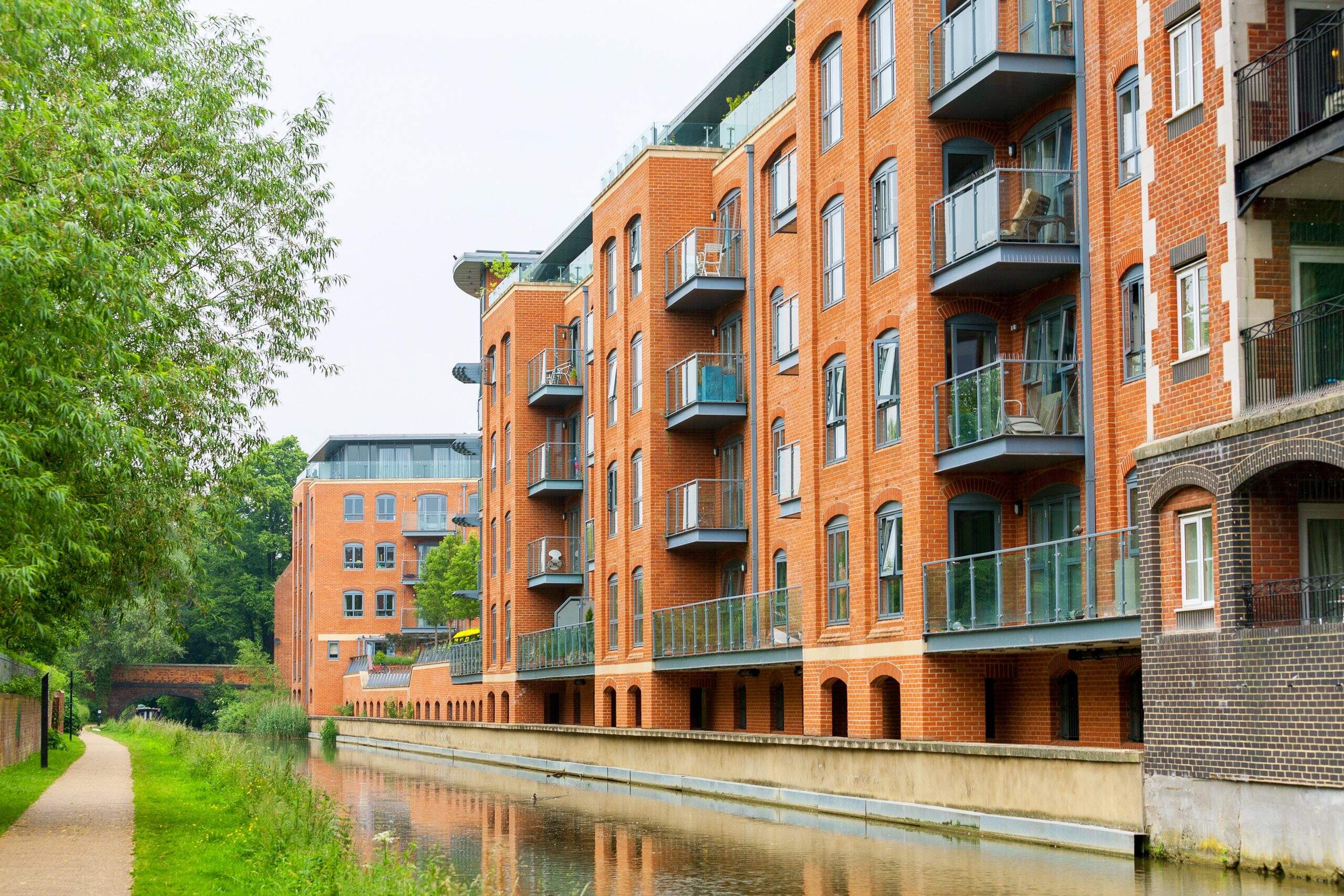The New Debt Pre-Action Protocol (PAP)
From 1 October 2017 there will be a new Debt Pre-Action Protocol affecting all debts owed by individuals and sole traders. This new Protocol may impact on managing agents, RMCs and freeholders and their processes for recovering service charge and ground rent arrears from leaseholders.
Read on for FAQs and a quick overview to the new Debt Pre-Action Protocol.
What is the Debt Pre-Action Protocol?
Currently, there is no specific Debt Pre-Action Protocol in place for debts owed by individuals. The new Protocol for consumers and sole traders comes into force from 1 October 2017 and will apply to any business, sole trader or public body seeking to recover a debt from an individual.
The Protocol aims to provide debtors with a greater amount of detail before a claim is issued, allowing them to obtain advice and, ideally, for the parties to settle the claim before it reaches formal proceedings. Arguably the main aim is reduce pressure on courts for cases of individuals being sued by companies.
The Protocol, some commentators think, requires changes to the processes for how service charge and ground rent arrears can be recovered, and will potentially slow the flow of funds.
What is the effect of the new Protocol?
The Protocol encourages reasonable and proportionate behaviour by the parties, and the early communication and sharing of information to allow them to resolve the dispute outside of the court process.
Managing Agents and RMCs face unique challenges in ensuring the flow of service charge monies and recovering arrears. It’s important that cash flow and good estate maintenance can continue regardless of any changes in process and a potential slowing of funds.
In the short term, we encourage you to make sure you are on top of all existing service charge and ground rent arrears and begun the recovery process before 1 October.
What does the Protocol mean for the process once the debt has been sent to legal?
The Protocol sets out four key pre-action steps:
- Issuing of Letter of Claim (or Letter before Action)
The creditor issues a letter to the debtor, setting out information required by the protocol and attaching an information sheet, a reply form and a standard financial statement form to be completed by the debtor. The debtor then has 30-day period within which to respond, after which proceedings can be commenced. This is expected to be the key element that if applied would distinctly slow the speed of service charge collection from serial non payers.
- Debtor’s response
The debtor should respond with a completed reply form, and may choose to request copies of certain documents. The creditor must wait 30 days following receipt of the reply form to commence proceedings; this may be longer where the debtor has requested further information or is taking advice.
- Disclosure of documents
Full disclosure of relevant documents is encouraged, again to promote discussion and early resolution of the dispute.
- Alternative Dispute Resolution
As is now common with the ethos of the Civil Procedure Rules and the Pre-Action Protocols, parties are encouraged to seek alternative dispute resolution where settlement cannot be reached between themselves, where the cost of mediation is proportionate to the debt.
What is the Brady Solicitors approach?
With any new law there will be a bedding-in period, where there is not exact clarity before there are decided test cases . We have developed an innovative approach that we feel will ensure that we can keep high levels of arrears recovery speed with minimal impact on fast and successful arrears recovery.
What should you do now?
For service charge cases received after 1 October we will have a different approach. Contact the service charge experts at Brady Solicitors for more information on how we are ensuring the Pre Action Protocol has the minimum effect on swift and effective service charge management.

Read more

Read more

